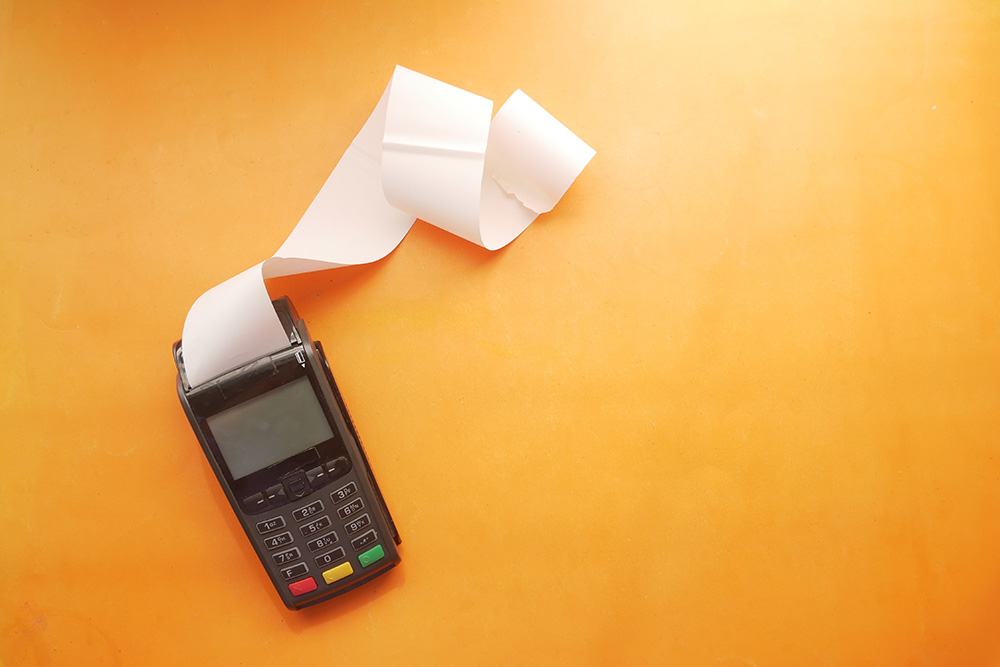
For many, gift-giving is as much a part of Christmas as any other tradition, but this increase in spending can come with a downside, particularly when it comes to sustainability; paper receipts. Research by retail growth platform, eyosretail, shows just how much carbon is emitted per person on paper receipts from Christmas shopping alone.
Paper receipts have a significant impact on the environment, with every paper receipt emitting around 2.5g of carbon during its lifetime. From production and use, to ultimately finding its way to landfill. According to separate research, the average UK adult buys no less than 32 gifts every year, spending around £420. The purchasing of Christmas presents tends to take place in a variety of stores over different transactions. This results in approximately 32 extra receipts per person every Christmas.
Considering the carbon footprint of a single shopping receipt, the additional carbon generated just from the average 32 Christmas present haul is 80g for the average UK adult. The research found that the carbon footprint of paper receipts during the Christmas period was comparable to that of trains, buses and domestic flights and the production of environmentally harmful disposable bags.
The 80g carbon footprint generated by Christmas receipts is similar to the amount generated by a single passenger travelling 1km in a large plug-in hybrid electric vehicle (77g). A motorcyclist would generate 84g of carbon travelling the same distance.
Two passengers travelling 1km on national rail or an intercity train generates carbon of 82g per km for two passengers. For the same amount of carbon (84g), 14 passengers could travel 1km on the Eurostar. Two passengers could even travel 1km on a domestic flight for 86g of carbon. The large carbon footprint of receipts is due to several different things. The destruction of around 200,000 trees solely for the production of paper receipts. Plus, receipts are not recyclable due to the chemicals they contain, which are also present in single-use plastics.
Commenting is Simon Harris, sales director at eyosretail. “Our research around paper receipts during the Christmas period is not surprising. It’s been estimated that over 11.2 billion receipts are printed in the UK annually, which is 30,684,931 receipts per day.
“The enormous number of receipts being printed all over the world comes at a real cost in terms of CO2. It brings a reported 28,000 tonnes of CO2 into the atmosphere, the equivalent of 10,000 flights across the world. We would advise consumers to ask for a digital receipt wherever possible to reduce their individual impact.”













